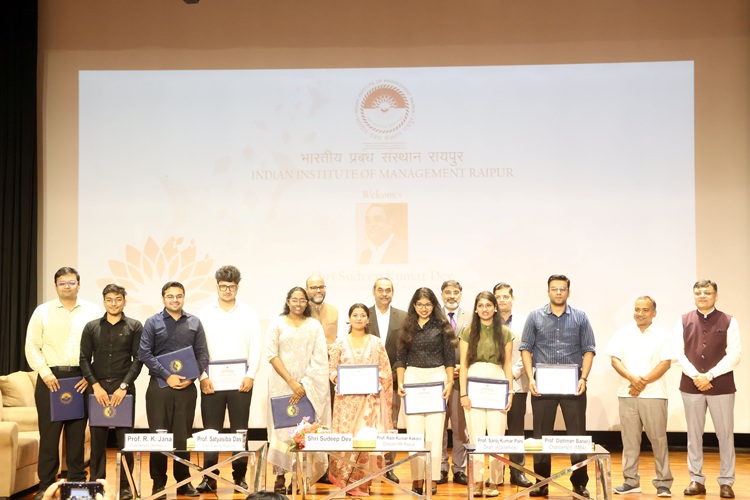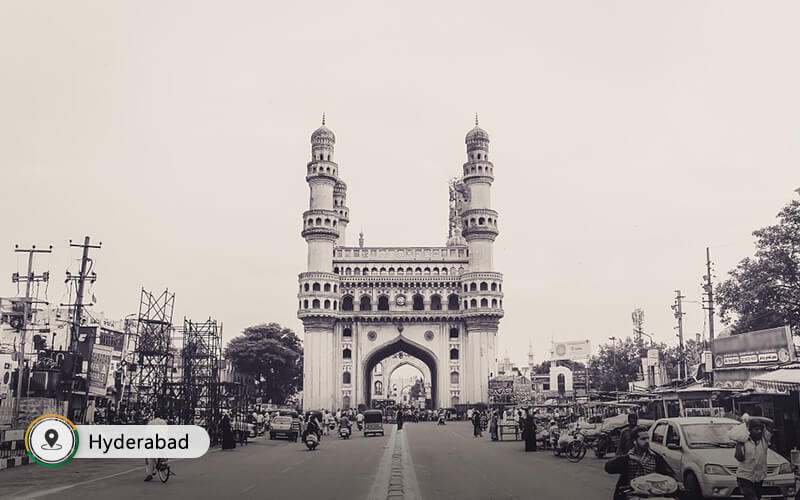Maeeshat News Network | Mumbai
Baba Ramdev, a yoga guru turned business magnate, has been a polarizing figure in India, leveraging his Patanjali Ayurved empire to influence both markets and public discourse. While his affordable Ayurvedic products and yoga advocacy have won millions of followers, his controversial statements targeting Muslim businesses and minorities, particularly Muslims, have sparked widespread criticism. In 2025, Ramdev’s remarks, such as labeling the sale of Hamdard’s Rooh Afza as “sharbat jihad,” have intensified debates about his motives and their impact on India’s 220 million Muslims and other minorities.
In April 2025, Ramdev ignited a firestorm by urging Hindus to boycott Rooh Afza, a popular herbal drink produced by Hamdard, a Muslim-owned company founded in 1906. During a promotional event for Patanjali’s rose sharbat, he claimed, without naming Hamdard directly, that Rooh Afza’s profits fund mosques and madrasas, contrasting this with Patanjali’s support for gurukuls and Ayurvedic institutions. He coined the term “sharbat jihad,” likening it to “love jihad,” a Hindutva trope alleging Muslim men seduce Hindu women for conversion. The Delhi High Court condemned these remarks as “indefensible” and “akin to hate speech,” ordering Ramdev to remove the videos, though he initially defied the court by releasing another, prompting accusations of contempt.
This was not an isolated incident. Ramdev’s rhetoric often aligns with Hindu nationalist narratives, portraying Muslim businesses as threats to Hindu interests. In 2015, he made veiled references to Muslims in comments on population control, warning of demographic imbalances, which critics interpreted as targeting the community’s 14.2% population share (2011 Census). His 2023 statements linking “religious terrorism” to critics of Hindu traditions further fueled perceptions of Islamophobia. These actions suggest a deliberate strategy to vilify Muslim-owned enterprises, positioning Patanjali as a “swadeshi” alternative rooted in Hindu values.
Economic and Ideological Motives
Ramdev’s targeting of Muslim businesses serves dual purposes: economic competition and ideological alignment. Patanjali, with ₹9,335 crore in revenue in FY24, competes fiercely in the FMCG sector against brands like Hamdard, Dabur, and Hindustan Unilever. By framing Muslim-owned companies like Hamdard as funding “anti-national” causes, Ramdev taps into communal sentiments to boost Patanjali’s market share, particularly among Hindu consumers swayed by nationalist rhetoric. Mohammed Adeeb, a former Rajya Sabha member, noted that such attacks aim to stifle Muslim businesses, which are underrepresented in India’s corporate landscape.
Ideologically, Ramdev’s rhetoric aligns with the Hindutva agenda of the Bharatiya Janata Party (BJP), with which he shares a symbiotic relationship. His support for Narendra Modi’s 2014 campaign, mobilizing voters through his yoga following, earned him political favor, including land discounts worth $46 million for Patanjali’s expansion in BJP-ruled states. The BJP’s Hindu nationalist policies, such as the 2019 Citizenship Amendment Act discriminating against Muslims, provide a conducive environment for Ramdev’s narrative. India Hate Lab’s 2025 report documented a 74.4% surge in anti-minority hate speech in 2024, with 98.5% targeting Muslims, often amplified by BJP leaders and Hindu nationalist figures like Ramdev.
Shaping a Negative Image of Minorities
Ramdev’s statements contribute to a broader pattern of demonizing minorities, particularly Muslims, by portraying them as threats to Hindu culture and economic interests. His “sharbat jihad” remark, for instance, reinforces the Hindutva narrative of Muslims as “outsiders” or “infiltrators,” a trope echoed by BJP leaders like Modi, who referred to Muslims as “infiltrators” during the 2024 elections. By suggesting that buying Rooh Afza supports religious institutions over national interests, Ramdev perpetuates stereotypes of Muslims as disloyal, undermining their contributions to India’s economy and culture.
This rhetoric has tangible consequences. The India Hate Lab report noted that 111 hate speech events in 2024 explicitly called for economic boycotts of Muslim businesses, a 27.6% increase from 2023. Such campaigns exacerbate the socio-economic marginalization of Muslims, who face systemic discrimination in employment and business opportunities. Mohammed Riyaz, a faculty member at Aliah University, argued that Ramdev’s attacks on Unani-based companies like Hamdard reflect a broader effort to discredit Muslim contributions to traditional medicine, framing Ayurveda as superior and Hindu-centric.
Ramdev’s influence as a media figure, with millions watching his yoga shows on Aastha TV, amplifies these narratives. His 2024 comments, livestreamed on platforms like Facebook and X, reached wide audiences, with only 3 of 995 reported hate speech videos removed by February 2025. This unchecked spread of divisive content deepens mistrust, as seen in social media backlash where supporters echoed Ramdev’s attacks on Rooh Afza’s Muslim roots.
Political Complicity and Legal Challenges
The BJP’s tacit support, evidenced by its silence on Ramdev’s remarks and continued patronage, emboldens his rhetoric. The party’s rejection of Islamophobia allegations, as stated by spokesperson Jaiveer Shergill, contrasts with documented instances of hate speech by BJP leaders, including 266 during the 2024 elections. Ramdev’s legal troubles, including contempt notices from the Delhi High Court and fines for misleading Patanjali ads, indicate judicial pushback, but selective enforcement due to his political clout limits accountability.
Critics like Congress leader Digvijaya Singh, who filed a police complaint against Ramdev’s “sharbat jihad” remarks, argue that his statements violate India’s constitutional principles and advertising ethics. The Delhi High Court’s observation that Ramdev “lives in his own world” reflects frustration with his defiance, yet the lack of consistent legal repercussions allows him to persist.
Broader Implications and Resistance
Ramdev’s targeting of Muslim businesses risks deepening communal divides in a country already grappling with rising anti-minority violence. Human Rights Watch reported increased harassment and discriminatory policies against Muslims under BJP rule, including property demolitions and anti-conversion laws disproportionately targeting Muslim men. By framing Muslim businesses as threats, Ramdev contributes to a climate of fear, alienating a community that constitutes a significant market and cultural force.
However, resistance is growing. Muslim organizations, academics, and rights groups are calling for stricter enforcement of hate speech laws and advertising regulations. Hamdard’s legal action against Ramdev and social media campaigns defending Rooh Afza highlight efforts to counter his narrative. For Ramdev to maintain Patanjali’s appeal across India’s diverse population, he must shift from divisive rhetoric to inclusive marketing, leveraging his platform to promote unity rather than polarization.






0 Comments